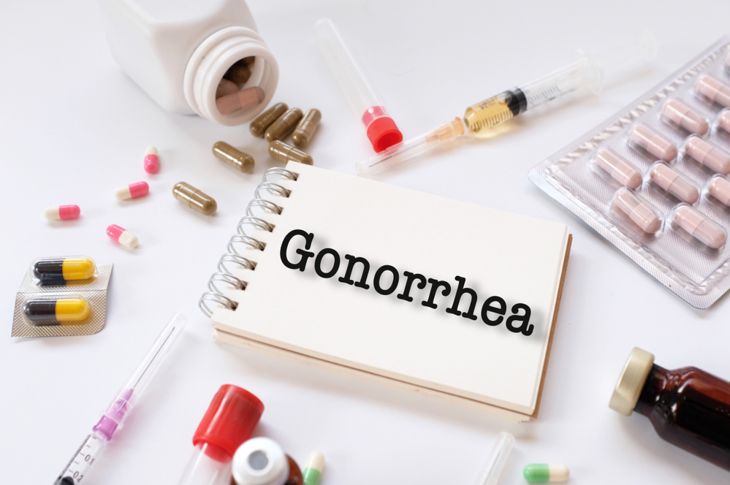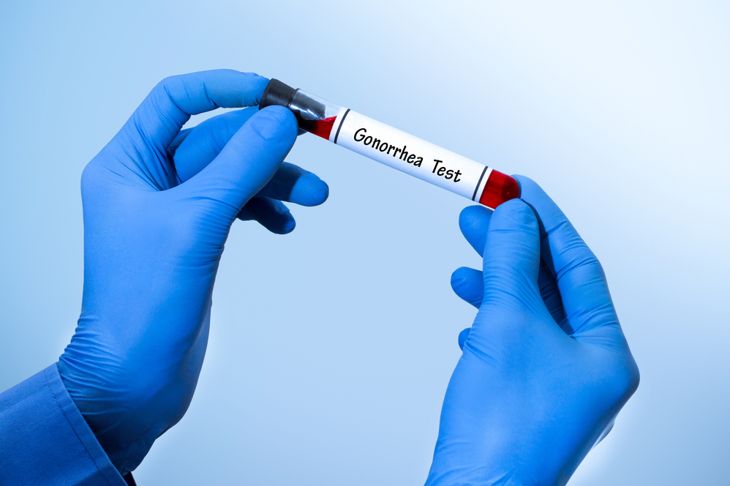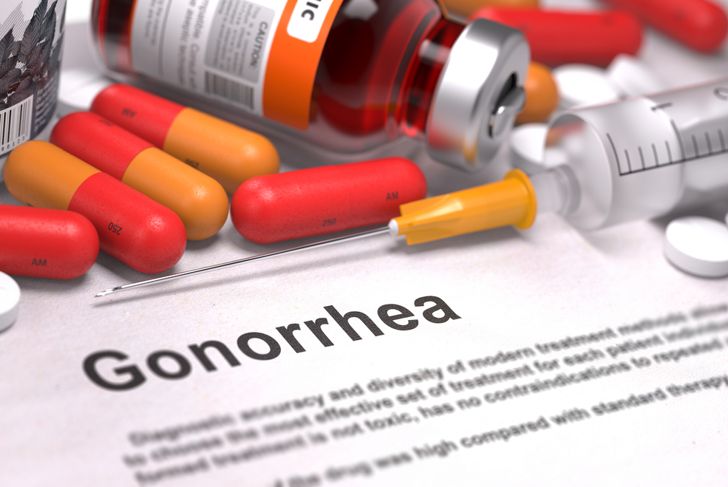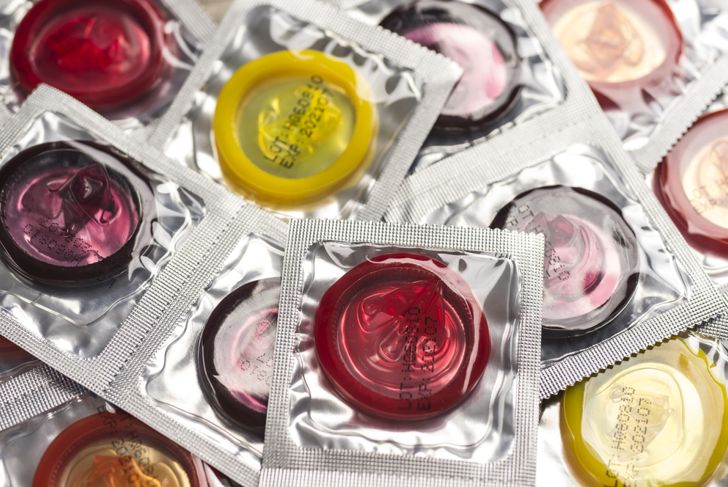Gonorrhea is a sexually transmitted disease. It is often referred to as the clap. Although there is no real evidence of where the term originally came from, there are a few possibilities of how it got that nickname. For example, the old French term clapier describes a brothel. The disease was common among the military men during the first and Second World War. Personnel who treated the GIs said they had the collapse; clap is the bastardized form of the word collapse.
What Is Gonorrhea?
Gonorrhea is a sexually transmitted disease caused by the bacterium Neisseria gonorrhoeae. A sexually transmitted disease (STD) is a disease that is spread through sexual intercourse, whether it is vaginal, anal, or oral. The bacterium tends to infect warm and moist areas, such as the urethra, eyes, throat, anus, vagina, and female reproductive tract.
How Does Gonorrhea Spread?
If you have unprotected sex, you may come in contact with the disease. Even though using a condom during intercourse can help prevent the spread of the STD, you can still contract it by giving and receiving certain sexual acts as mentioned before. Discussing STDs with your partner is essential. If you are intimate with someone with gonorrhea, you will have to take precautions from catching it yourself. The person infected doesn’t have to be showing signs for the bacteria to spread. Some people don’t ever even have symptoms of gonorrhea.
What Are The Symptoms of Gonorrhea?
The most common symptoms in men include:
- Yellow-white or green-white discharge from the penis
- Red eye due to conjunctivitis
- Painful and frequent urination
- Rectal pain or discharge, or even bleeding
Some less common symptoms in men might include:
- A sore throat
- Scrotal or testicular pain
- Itching and burning around the urethra
Most women don’t show signs of having gonorrhea, but some less common symptoms in may include:
- Painful urination
- Rectal discharge, pain, or even bleeding
- Red eye due to conjunctivitis
- Unusual, increased bloody yellowish or watery green vaginal discharge
Less common symptoms might include:
- Painful intercourse
- A sore throat
- Nausea
- Fever
- Lower stomach aches
- Lower back pain
- Bleeding between periods
When Should You Visit The Doctor?
As soon as you start to show symptoms of gonorrhea you need to seek medical care. If you believe to have had sexual contact with someone who has the bacteria do not hesitate to consult with a healthcare provider. When left untreated, this STD can lead to other health complications. Women can develop pelvic inflammatory disease. Men who are left untreated can develop epididymitis, which is inflammation of the coiled tube at the back of the testicle that stores and carries sperm.
How Is Gonorrhea Diagnosed?
A simple urine test can determine if you have gonorrhea. However, if you’ve had oral or anal sex, swabs will be used to collect samples from your throat or rectum. In some cases, a biopsy of the woman’s cervix or man’s urethra may be necessary for further testing depending on your condition.
What Treatments Are Available?
There are no over-the-counter medications or home remedies to treat gonorrhea. After a professional diagnosis, you and your doctor will determine the best treatment based on your condition. An antibiotic treatment requiring a one-time shot into the buttocks is a possibility. Oral antibiotics are also available. After taking the medicines, you should start to feel relief within a few days.
Who Is More Susceptible To Gonorrhea?
Anyone who is sexually active is at risk of contracting any sort of STD, including gonorrhea. Even if the person infected is not showing any signs of a sexually transmitted disease, she/he can still contaminate her/his partner during intercourse. Men who are sexually active with multiple partners have an increased chance of contracting gonorrhea. Women who are younger than 25 and sexually active with more than one person also have a higher risk of getting STDs.
How Does Gonorrhea Affect Pregnancy and Childbirth?
Are you pregnant while affected by the disease? You might have complications, but a healthy birth is still very possible, too. For example, you may have a greater risk of infection of the amniotic sac and fluid, preterm premature rupture of membranes, preterm birth, and miscarriage. If you have gonorrhea when going into labor, you can pass the bacteria down to your baby. In newborns, it most commonly affects the eyes. Discuss your condition with your doctor to determine the best labor and delivery plan.
How Can You Prevent Contracting Or Spreading Gonorrhea?
Abstaining from any sexual activity is the best way to prevent yourself from contracting or spreading the disease. However, if you want to be sexually active, there are a few things you could do to help lower the risk of developing it. Men and women should use condoms every time during sexual intercourse. Other protective measures are available such as dental dams for oral sex. A dental dam is a sheet of latex that can be used as a barrier for your mouth. It’s important to be honest with your partners, too, especially if you were diagnosed with gonorrhea.
How Does Gonorrhea Affect Everyday Life?
If left untreated, gonorrhea can lead to other health complications. Since symptoms of gonorrhea can cause pain and discomfort, it can be unpleasant to do normal activities like urinate. The bacteria can spread into the uterus and fallopian tubes in women causing pelvic inflammatory disease. This scars the tubes and increases the risk of infertility and pregnancy complications. Although gonorrhea is treatable, you may also have an emotional response from having an STD. There are support groups who can help if you feel embarrassed or depressed.

 Home
Home Health
Health Diet & Nutrition
Diet & Nutrition Living Well
Living Well More
More




















